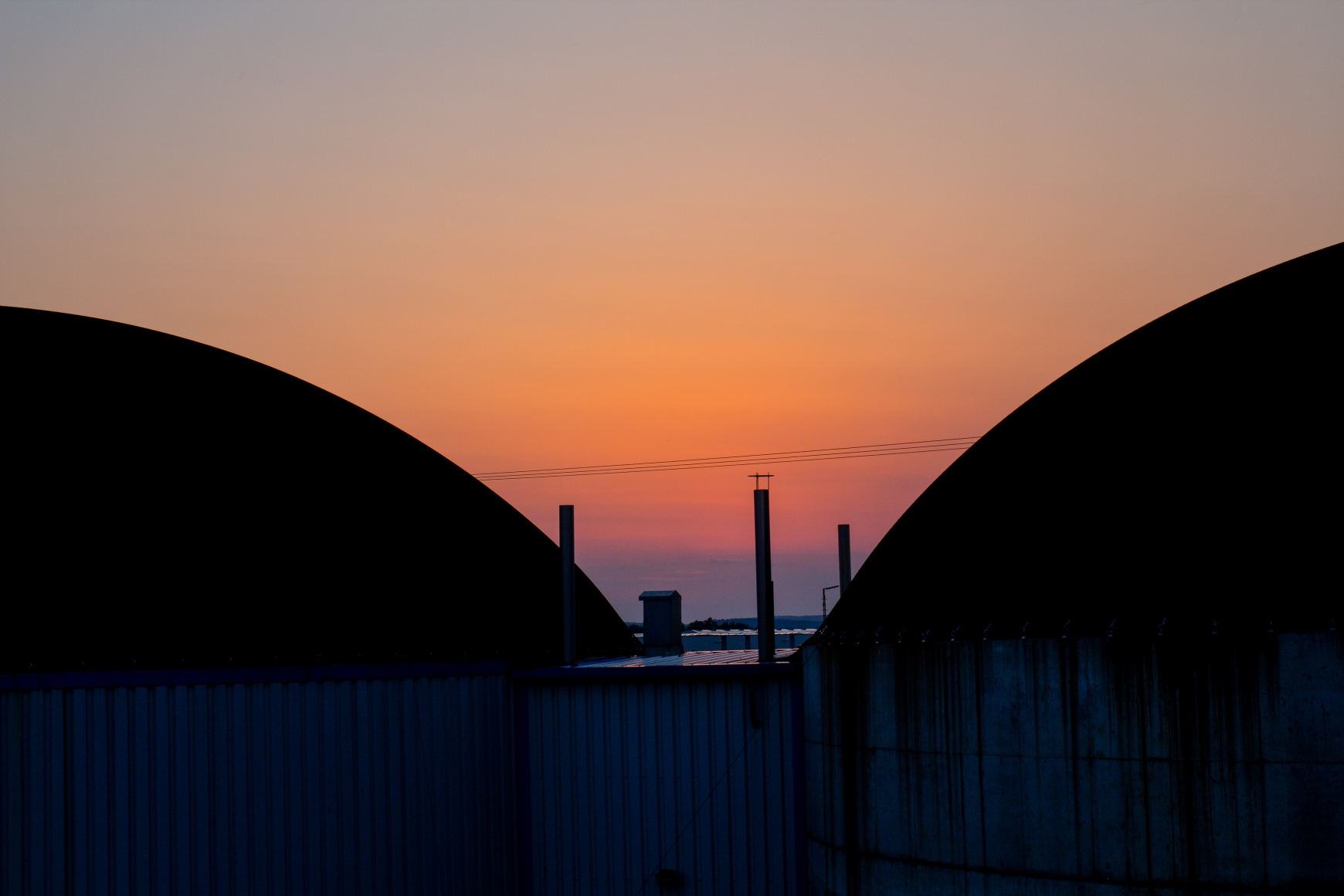By the Anaerobic Digestion and Biogas Association - ADBA, 15 December 2022
- Changes to business rates in England and Wales mean that operators of anaerobic digestion plants are facing significantly higher payments starting in April of next year
- The move is likely to hit farmers particularly hard as well as the expanding number of gas to grid plants
Operators of both gas to grid and electrical AD plants are facing higher business rates after the UK government changed the way it calculates the rates assessments which forms the basis of rates bills. Analysis suggests the increase could be as much as 30% per annum for gas to grid plants and at least 20% for electrical combined heat and power (CHP) plants.
Many of these plants are operated by farmers – already facing steep rises in costs and bruised by inconsistent government policies. Recent data says there are now 702 anaerobic digestion sites in the UK, mostly located on farms. The Government is continuing to support gas to grid plants and has ambitious targets to more than double capacity by 2030.
The tax in question, business rates, is something almost every UK business has to pay with the charge being based on an estimate of the annual rental value of the premises. The tax brings in some £26bn to HM Treasury, with the Valuation Office Agency (VOA), part of HM Revenue and Customs, being responsible for setting rateable values and local councils for collecting the tax. There are more facts at the bottom of this press release.
The changes to business rates have come about following the Chancellor’s announcement last week that the revaluation of business rates will go ahead as planned from April 2023. The new values were published following the Autumn Statement.
The rise in the rates bills of AD operators mirrors the rises faced by most other renewable power generators including onshore wind and solar and will add tens of millions of pounds to the bills and risks harming much needed investment.
Chris Huhne, chairman of the Anaerobic Digestion and Bioresources Association (ADBA) says: “This increase in business rates for AD is adding yet more strain onto an industry that is already facing rising supply chain and feedstock costs. The prospect that rates could increase by up to 30% is a blow for the sector when government should be supporting home-grown production of green electricity and gas. AD products – biofertilisers and bioCO2 as well – increase energy security and help meet climate targets.”
St Nicholas Court Farms in Kent run two gas-to-grid AD plants which are fed on maize and rye silage. They have seen their combined Rateable Value increase from £144,000 in 2017 to £810,000 in 2023. Owner Jim Pace says: “Such increases hardly paint a picture of a government wanting to encourage investment in renewables. It feels much more that we are being penalised for showing an entrepreneurial spirit."
"It really is quite depressing and worrying”, he continues, “at a time when all of the other inputs needed across the farm are going through the roof to be hit with a 400% increase in property tax.”
Farmers and operators have the right to appeal to the Valuation Office Agency if they think their rates assessment is too high.
Facts and figures about Business Rates and Anaerobic Digestion
Business Rates
- The current system came into effect from 1990 as a tax on non-domestic property
- Originally based on property rental values but, over time, became increasingly complex to include a wider range of land usage
- Currently contribute £22bn to HM Treasury in England
- Proceeds typically used for funding local authority services
Anaerobic Digestion
- 1895 saw the UK’s first anaerobic digestion plant with biogas recovered from a sewage treatment facility and used to fuel street lighting in Exeter
- Growth through the mid twentieth century saw biogas used as an alternative fuel during WWII
- Today, there are 702 UK anaerobic digestion plant operators, almost all on agricultural land
- 20 more are in planning stages and are expected to reach operational status over the next year
- 11,500 people are employed in the industry
- Plant operators are currently subject to corporation tax, VAT, business rates and other taxation.
Compliance Information
This press release reflects the authors’ present opinions reflecting current market conditions. It has been written for informational purposes only and should not be considered as solicitation or advice. Information given in this document has been obtained from, or based upon, sources believed by ADBA to be reliable and accurate. Ref. 004/22


